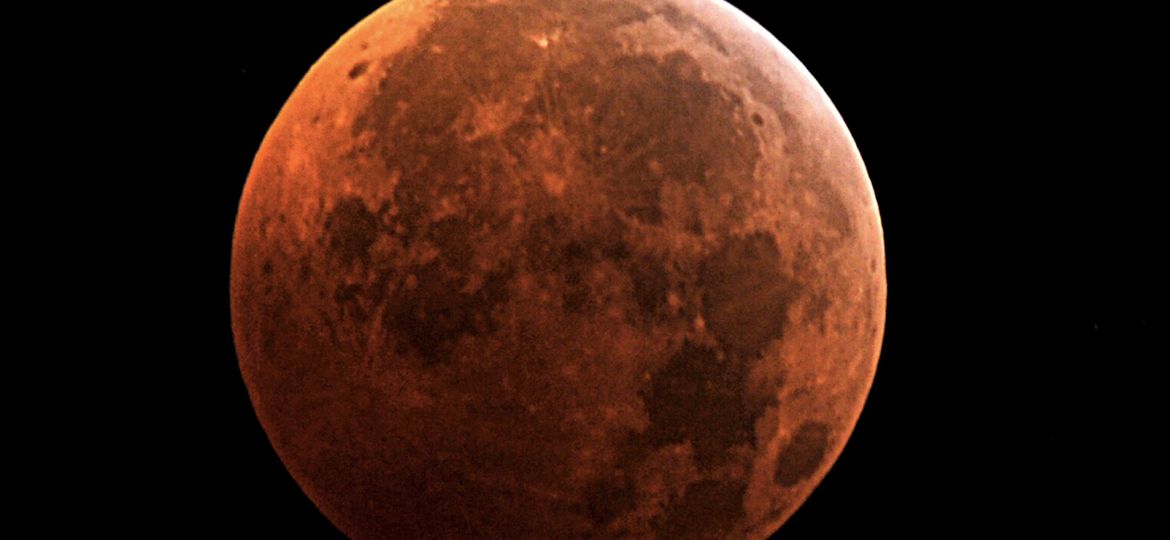
WHY THIS MATTERS IN BRIEF
- Dubai and the UAE aren’t just shining a light on the future, they’re building it, and now their latest ambition is to colonise Mars
Earlier this week Sheikh Mohammed bin Rashid Al Maktoum, the leader of the United Arab Emirates (UAE) joined Elon Musk, Boeing, and NASA ,who recently showed off their new Mars habitat concept and Mars mining robot, in announcing his plans to colonise Mars within the next 100 years under a project dubbed “Mars 2117 Project.”
“The landing of people on other planets has been a longtime dream for humans. Our aim is that the UAE will spearhead international efforts to make this dream a reality,” he said, “the new project is a seed that we plant today, and we expect future generations to reap the benefits, driven by its passion to learn to unveil a new knowledge.”
However, while the UAE are busy unveiling and embracing everything from robot police and sky taxis to Hyperloop networks, and now colonies on Mars you can’t help but think that the latter two, which have Elon Musk’s fine fingerprints all over them already – namely because he famously invented the Hyperloop and then announced plans to colonise Mars himself – is the emirates latest attempt to out gun, out think and out awesome the rest of the planet. Elon Musk style… and that might be no bad thing.
The gallery was not found!
Dubai has already invested $5.4 billion in its UAE Space Agency (USA), created in 2014, which was originally proposed as a Pan-Arab Space Agency similar to Europe’s ESA, who’ll start building a Moon base this year, that works in partnership with the National Centre of Space Studies of France and the UK Space Agency.
The UAE’s first launch is planned to for 2021 in the form of a probe that will be sent ahead to scout the red planets martian surface and initially the Mars 2117 project will begin with an Emirati team of scientists before expanding internationally, a statement said. Over the coming decades it will explore how to travel to the planet faster, as well as how to meet human needs for food, transport and energy on Earth’s neighbour.
















